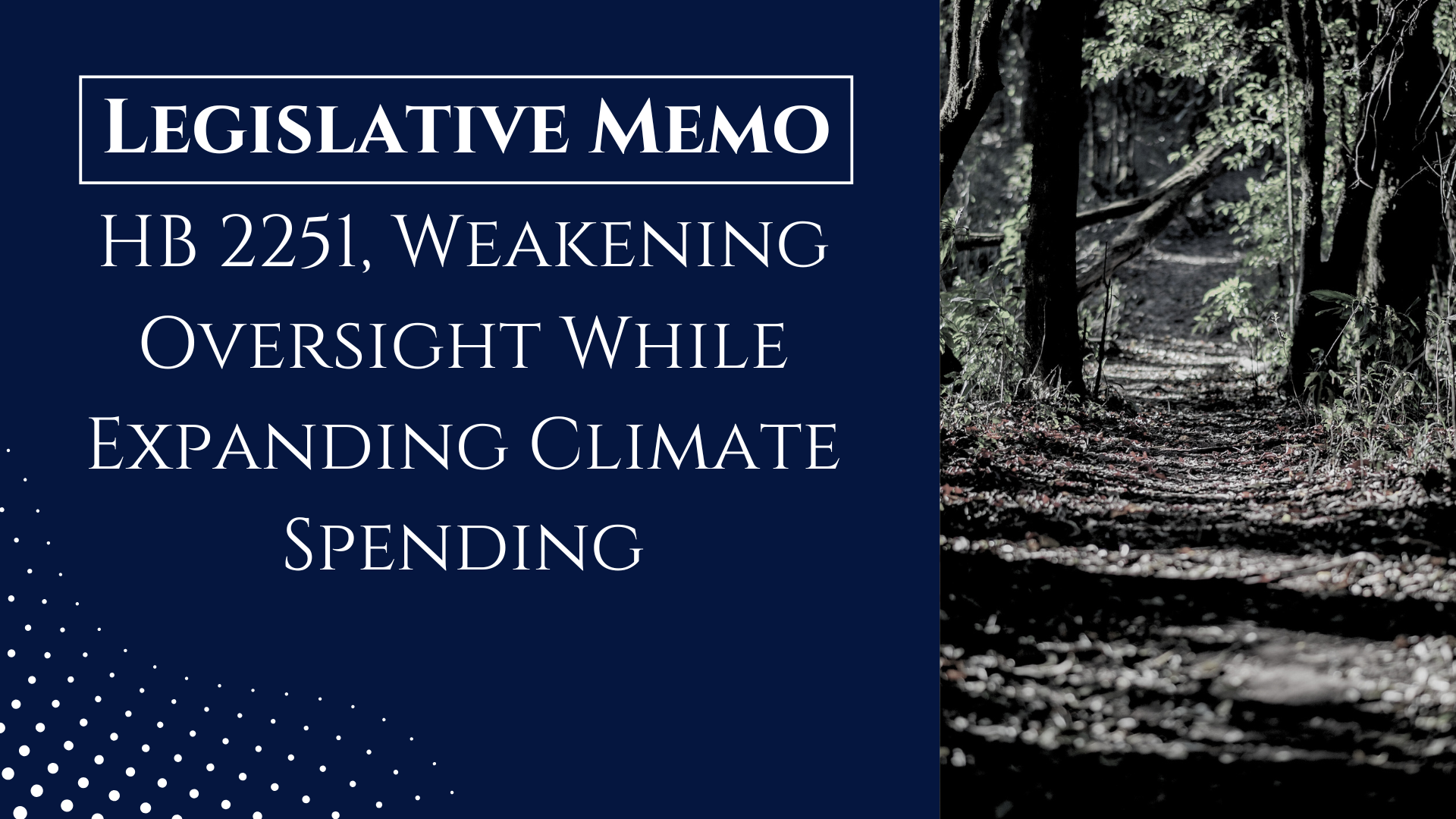After narrowing sales tax breaks for wealthy buyers of electric vehicles (EVs) a few years ago, legislators want to extend this wasteful program. Senate Bill 5336 would give a $1,000 tax break for people who buy EVs worth up to $45,000, for the base model. For context, the Lexus RX SUV starts at $43,570.
The logic of electric vehicle advocates in Olympia is this: EV buyers are willing to pay $39,000 for a new car, but not $40,000. This is absurd, and the history of EV sales in Washington state demonstrates this.
First, when the previous sales tax break was narrowed, the pace of EV sales actually increased. The tax break made no difference for EV buyers because they simply aren’t price sensitive. A tax break is nice, but it isn’t influencing the decision to buy what is, fundamentally, a luxury vehicle.
Second, EV buyers are overwhelmingly wealthy. We examined 2017 EV purchases in Washington state and compared them to tax records. Nearly three-quarters of EV purchases are in the wealthiest 25 percent of zip codes. These tax breaks are going to wealthy buyers but aren’t influencing EV purchases.
Third, EV subsidies are an extremely ineffective way to reduce CO2 emissions. Even if the tax break was responsible for every EV purchase outside the top 25 percent of zip codes, the EV subsidy still wastes about 95 percent of the dollars it spends. Based on the previous tax break, it cost about $158 to reduce one metric ton (MT) of CO2. By way of comparison, there are projects that can reduce a MT of CO2 for $5. This is similar to the price on the Northeast’s carbon market, known as RGGI.
In the first biennium, the fiscal note for SB 5336 says the state would lose $7.75 million in revenue. Using the 2017 data and the assumptions above, that would reduce about 49,000 metric tons of CO2 emissions. By way of comparison, that $7.75 million could be invested in CO2 reduction projects currently on the market and reduce 1,550,000 metric tons of CO2 – 31 times as much. Even if the EV tax break is twice as effective as I claim (it isn’t), it would still spend $16 for every $1 of CO2 reduction. If you actually care about reducing CO2 emissions, this is a tremendous waste.
Giving a $1,000 tax break to wealthy EV buyers won’t increase EV sales, will simply give tax breaks to people who don’t need it, and is an extremely wasteful and ineffective way to reduce CO2 emissions.






